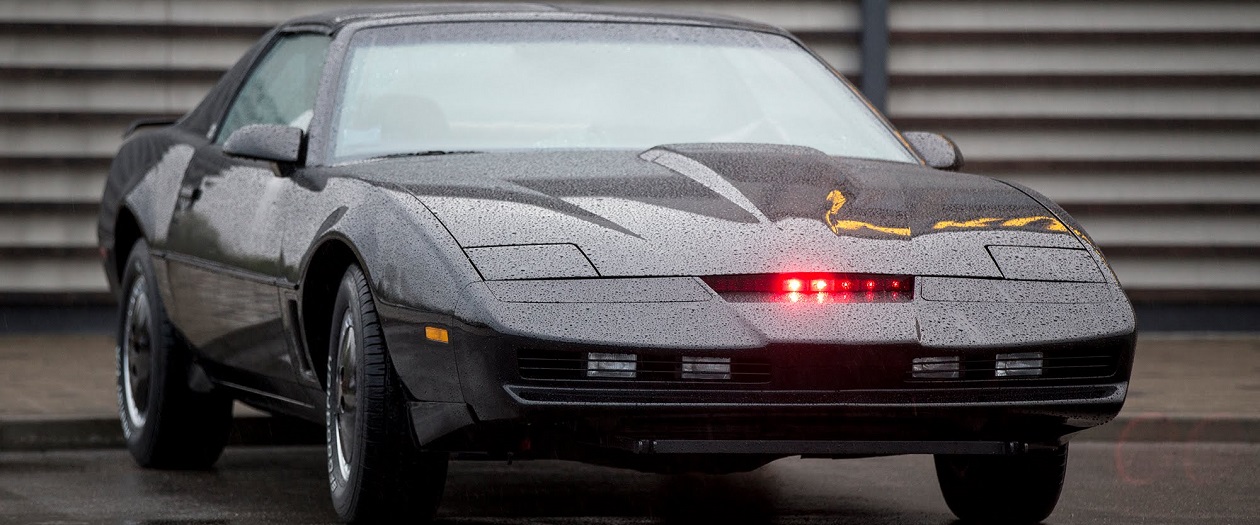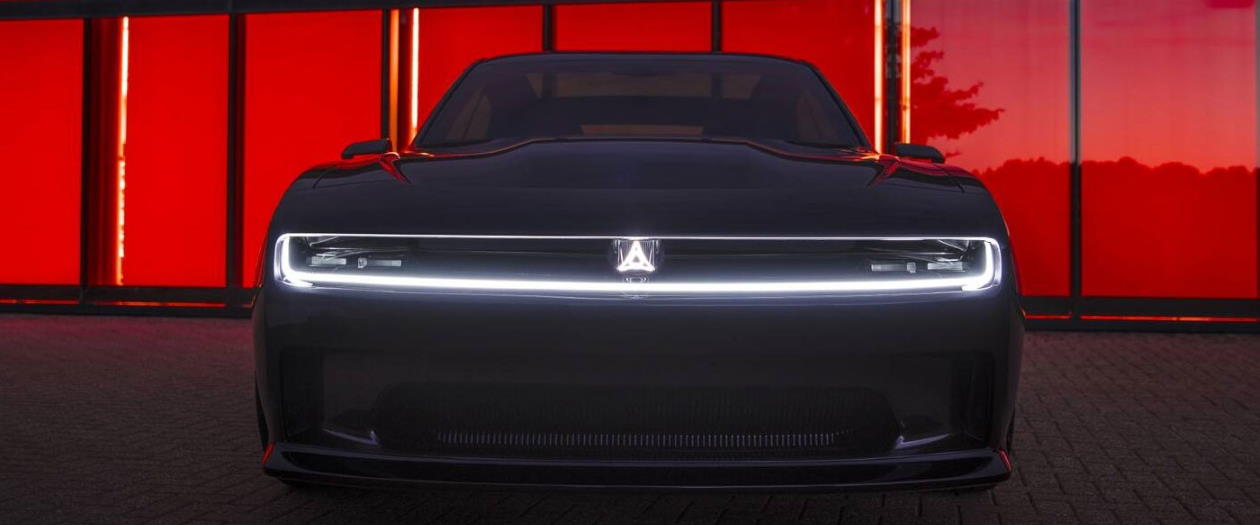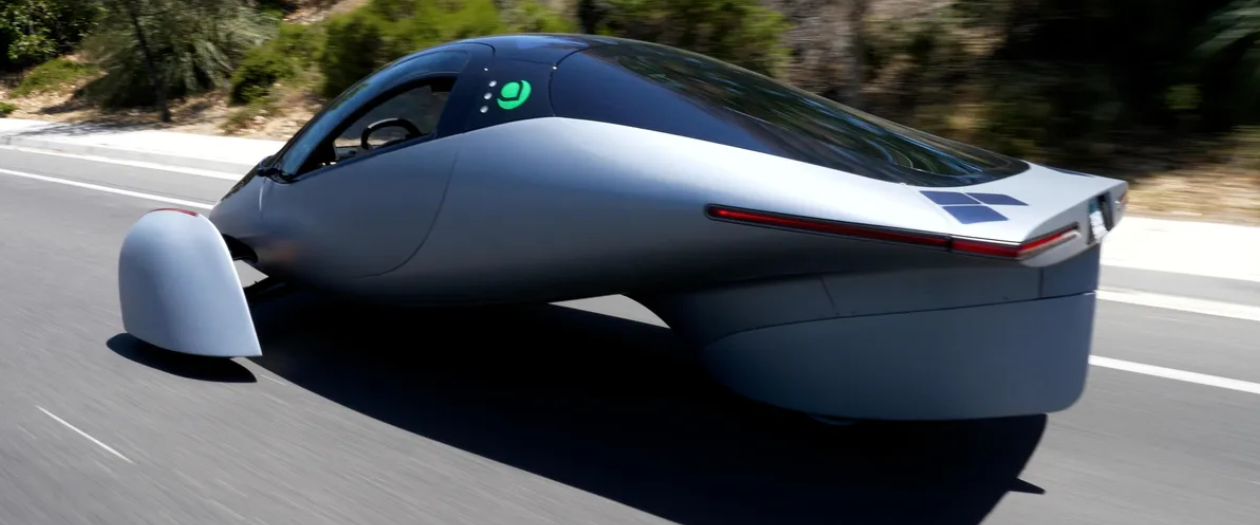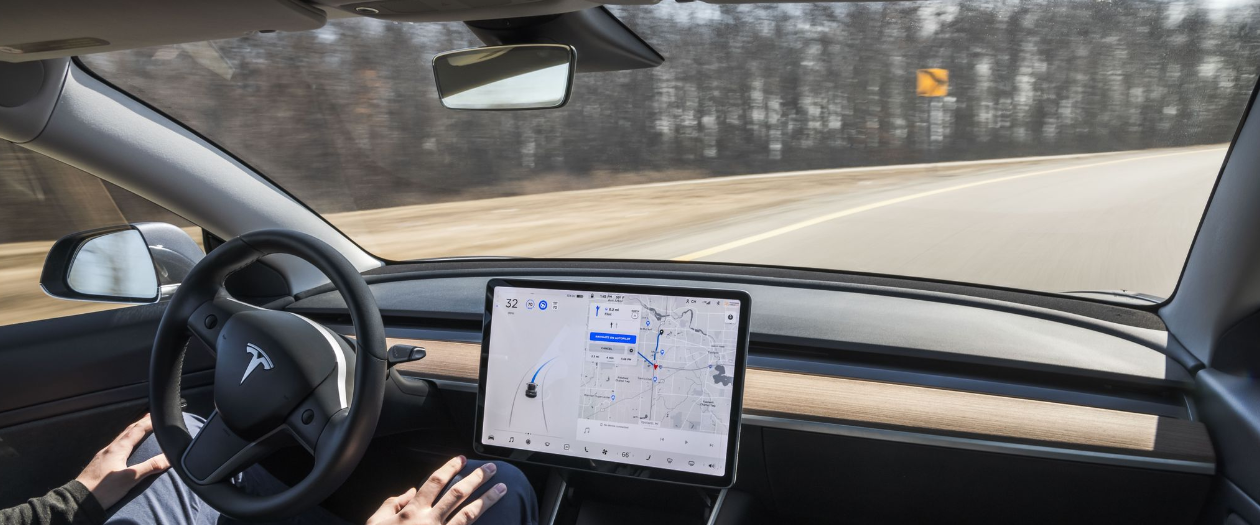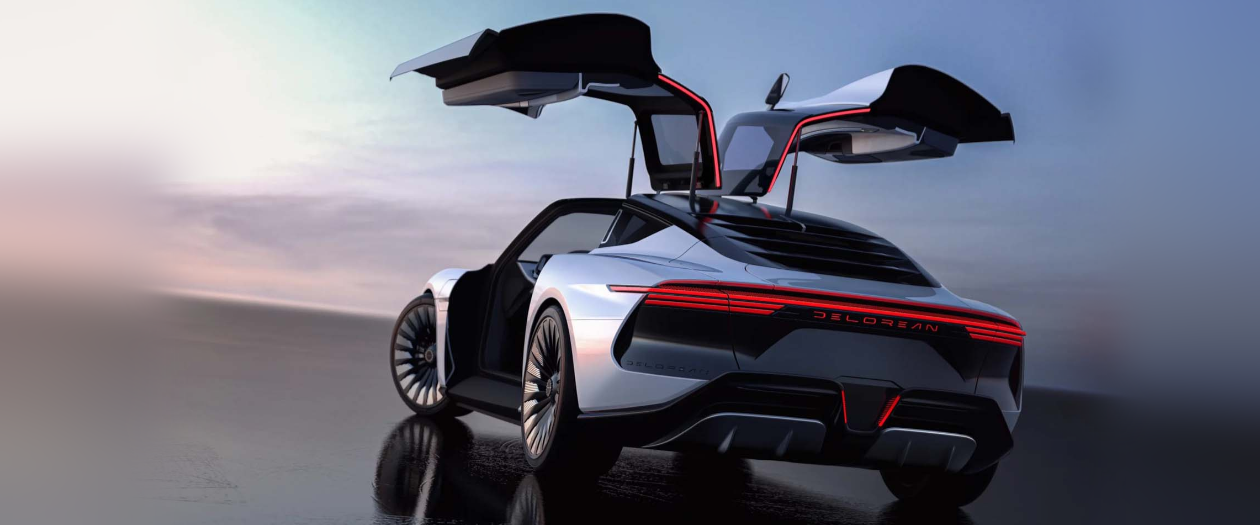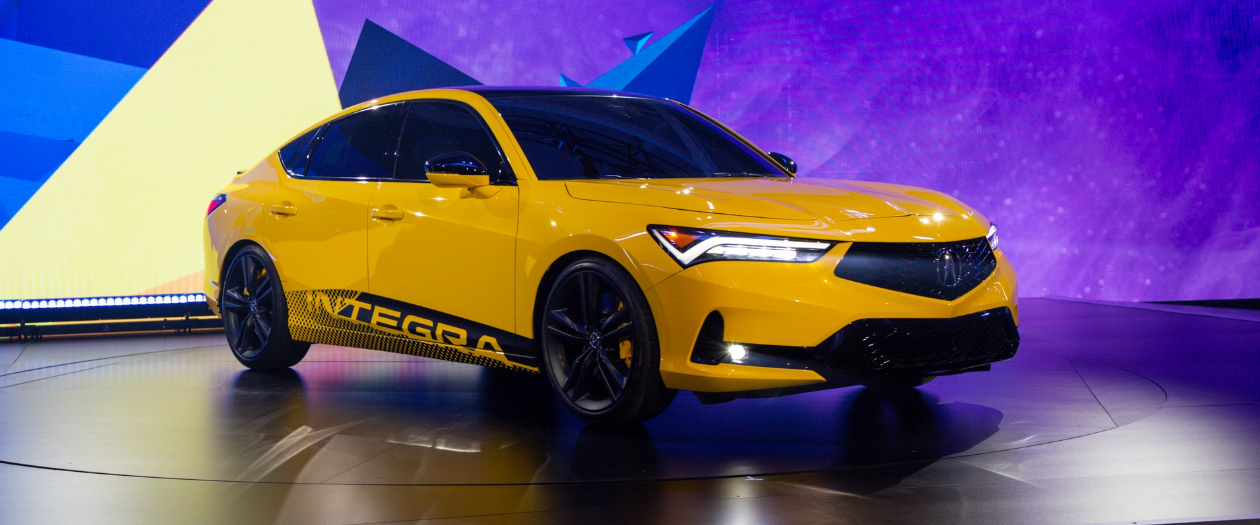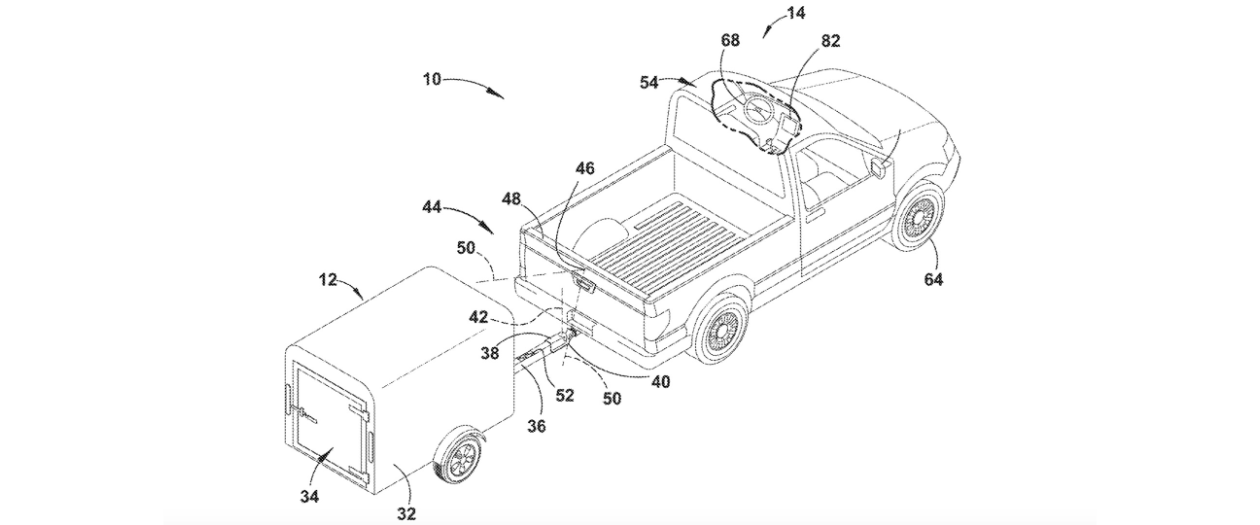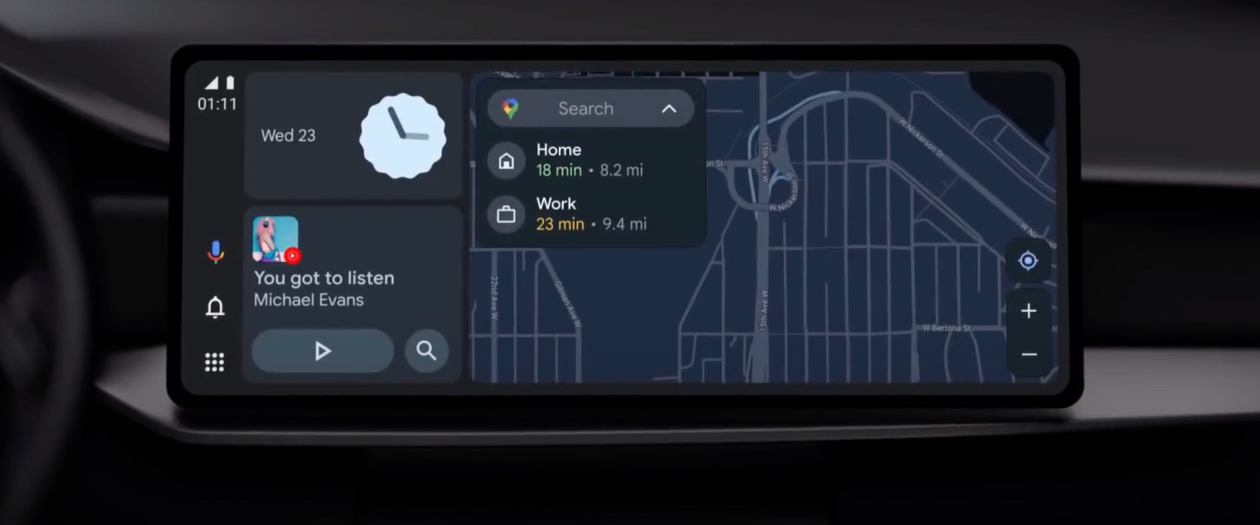But according to a study by the members of the Michigan Autonomous Vehicle Research Intergroup Collaboration at the University of Michigan, people don't want that. In fact, they want a robot with personality. U-M researchers looked into how safe a person feels based on personalities given out by an autonomous vehicle.
Lionel Robert, associate professor at the School of Information and core faculty at U-M’s Robotics Institute, explains their goal, which is to make driverless cars more comfortable.
“We wanted to answer the question: If we want to encourage people to use autonomous vehicles, how can we design the vehicles’ perceived personalities, or driving styles, so that drivers are more willing to adopt them?”
The study uses what are called "The Big Five" personality traits in social science:
- Extroversion
- Agreeableness
- Conscientiousness
- Emotional Stability
- Openness to Experience
The direct results were varied. They found that some drivers preferred it when a car shared the same personality as they do, while others preferred a differing personality. After extrapolating the data together, though, they found some trends.
Regardless of what kind of driver they were, the participants found that they felt safest when a car was agreeable, conscientious, and emotionally stable. At the same time, extroversion and openness to experience had no impact on feelings of safety.
“The takeaway is that we want to design the autonomous vehicle to be agreeable, conscientious, and emotionally stable to increase perceived safety. Imagine the moment you get into an autonomous ride sharing vehicle, it pings your cell phone to update its driving style, voice and the way it interacts with you.”
They know that different personalities don't actually make a difference in performance. This is mentioned by X. Jessie Yang, assistant professor of industrial and operations engineering.
“It’s all about perception, Objectively, autonomous vehicles could have very reliable performance, but if the human does not perceive them as safe, then they will not use them.”
The paper outlining this research will be presented on the day of this article at the Association for the Advancement of Artificial Intelligence Fall Symposium on AI and Human Robot Interaction.
Perhaps those sci-fi stories of talking cars will actually become a reality. KITT, here we come.
